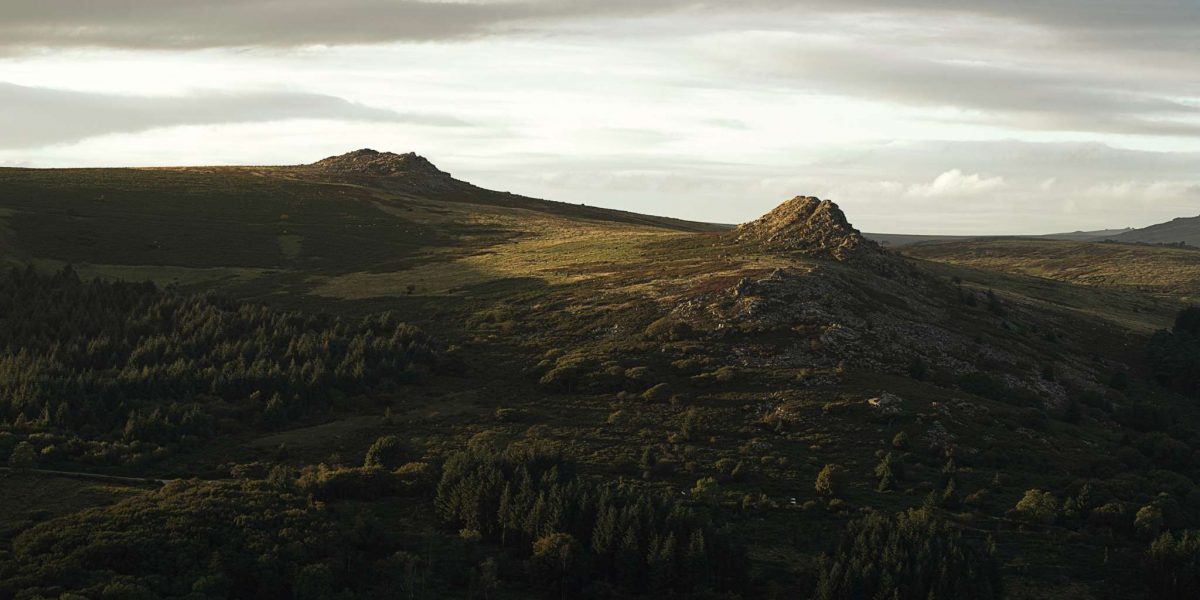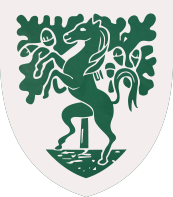As the world changes, so does Geography.
Geography teaching at Stover School comes under the umbrella of the Humanities Department which also encompasses History and Religious Studies.
The study of Geography stimulates an interest in and a sense of wonder about places. It helps young people make sense of a complex and dynamically changing world. It explains where places are, how places and landscapes are formed, how people and their environment interact, and how a diverse range of economies, societies and environments are interconnected. It builds on students’ own experiences to investigate places at all scales, from the personal to the global.
Geographical
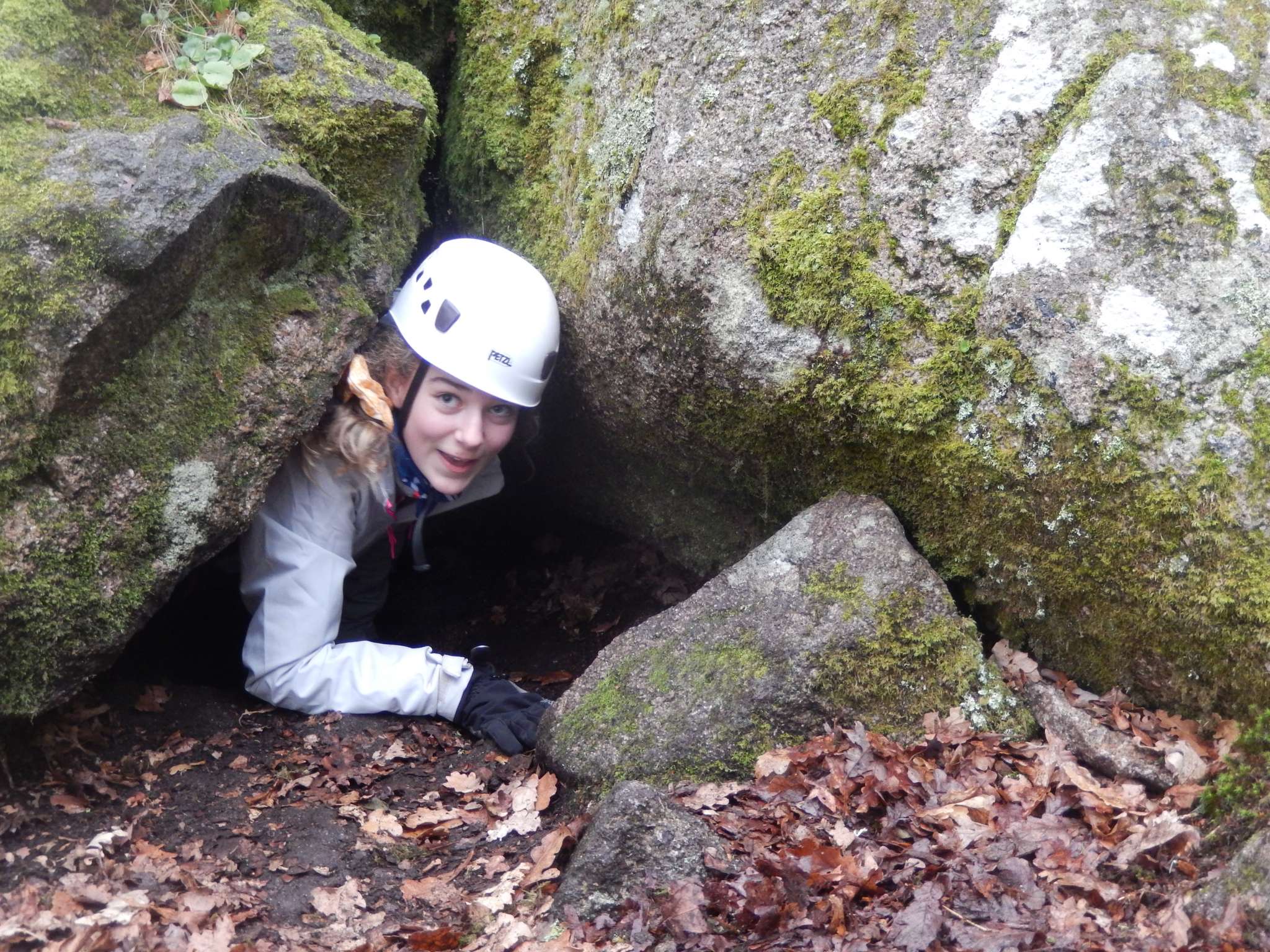
KEY STAGE 3 GEOGRAPHY – YEARS 7, 8 & 9
Pupils follow a complete unit of geographical study, equipping them to cope with the basic concepts of a world in which the physical, political and economic balance is constantly changing and adjusting.
Year 7 pupils focus on human and physical matters surrounding the British Isles as well as being introduced to key skills, such as map reading and conducting fieldwork. As a result they will go on numerous fieldtrips.
In Year 8, pupils study themes connected with Europe. The themes offer an introduction to sustainable development and how social, environmental and economic issues have an impact on decision making.
Year 9 pupils study global issues such as population distribution, the contrast between rich and poor societies and environmental concerns. Sustainable management techniques are investigated and well as natural hazards; both climatic and tectonic.
Researched based learning forms the basis of how Geography is delivered in key stage three. However, there is a special focus in year 9, as it prepares pupils who wish to opt for Geography at GCSE.
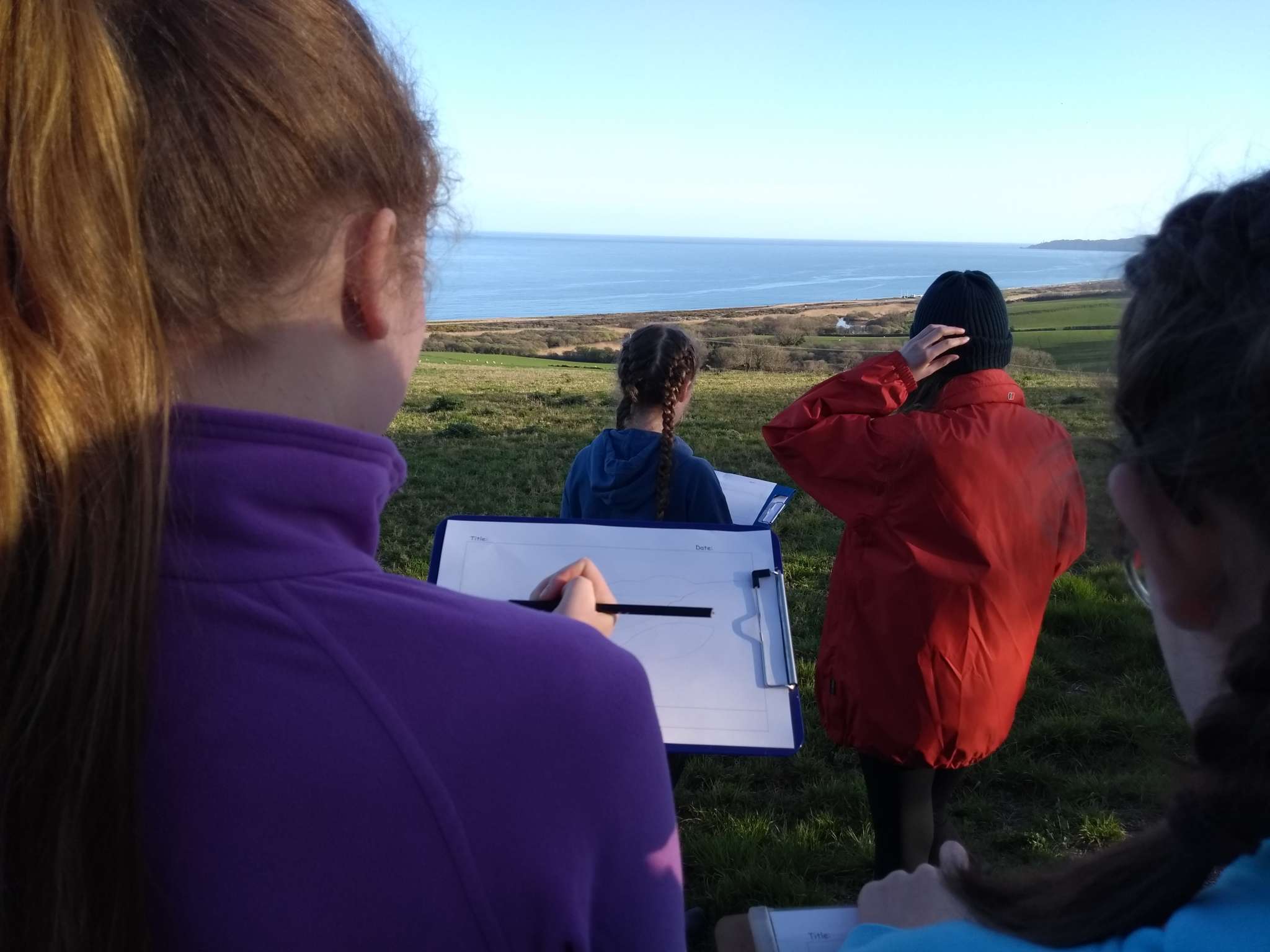
KEY STAGE 4 GEOGRAPHY – GCSE
Examination Board: AQA Specification code: 8035
Subject Content
1. Living with the physical environment:
The dynamic nature of processes in physical geography, and how humans interact with them.
- Tectonic hazards, tropical storms, extreme weather in the UK, climate change.
Physicallandscapes in the UK. Twofrom: coastal landscapes, river landscapes, glacial landscapes.- The
theliving worldincluding: ecosystems, tropical rainforestsand either hot deserts or cold environments.
2. Challenges in the human environment:
Human processes, systems
Urbanissues and challenges.- The changing economic world.
Resourcemanagement , including onefrom: food, water or energy.
3. Geographical applications:
- Evaluationof geographical issues.
- Twopieces of fieldwork from contrasting environments, (physical and human).
- Geographicalskills: cartographic, graphical, numerical and statistical.
Assessment
Paper 1: Living with the physical environment (written exam).
1½ hours 35% of overall mark.
Paper 2: Challenges to the human environment (written exam)
1½ hours 35% of overall mark.
Paper 3: Geographical applications (written exam)
1 hour 30% of overall mark.
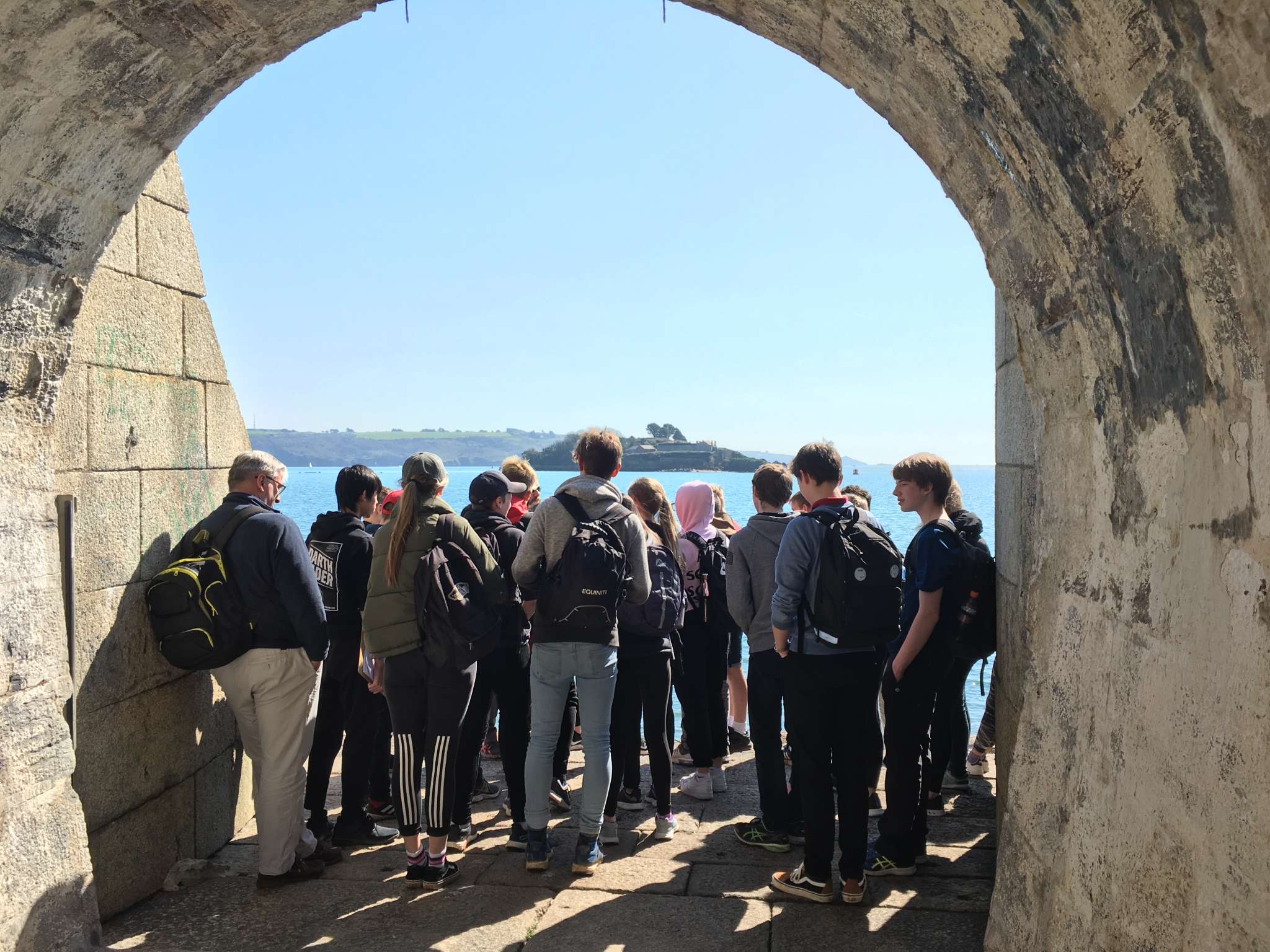
KEY STAGE 5 GEOGRAPHY – A Level
KEY STAGE 5 HISTORY – A Level
Examination Board: Edexcel A Level in Geography Specification code: 9GEO
Geography will appeal to students who have an interest in and concern for the environment. It will also suit pupils who enjoy travelling and finding out about new people, places, landscapes and events.
The syllabus follows on well from GCSE, with some familiar themes recurring at a higher level, but there are also many fresh and exciting topics.
Specification
Paper 1 (30% of the Qualification)
- Tectonic Processes and Hazards.
- Coastal Landscapes and Change (Fieldwork – Dawlish Warren).
- The Water Cycle and Water Insecurity.
- The Carbon Cycle and Energy Security.
Paper 2 (30% of the Qualification)
- Globalisation.
- Shaping Places, Regenerating Places (Fieldwork – Plymouth)
- Superpowers.
- Global Development and Migration, Identity and Sovereignty.
Paper 3 (20% of the Qualification)
This paper is a synoptic investigation, where students will be provided with a resource booklet around a contemporary world issue and asked to answer questions and solve problems around that issue.
Non-Examined Assessment (20% of the Qualification)
The independent investigation will take the form of a 3000-4000 word report on a topic chosen and developed by the student.
There will be a minimum of 4 days fieldwork.
